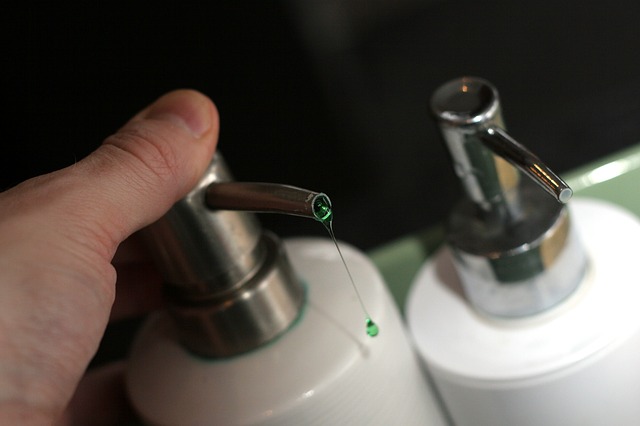Chemicals in Common Products Can Impact Fertility

A new study from the National Institutes of Health suggests certain chemicals found in products like sunscreen, shampoo and moisturizer can negatively affect fertility.
The study examined more than 500 couples struggling to get pregnant and found fertility in men was far more negatively affected by these chemicals than in women.
“They found that men that had higher exposures to these (chemicals) tended to have a delay in the time to be able to achieve a pregnancy,” said Dr. Parviz Kavoussi, a reproductive urologist at St. David’s South Austin Medical Center. “Interestingly, that was not the case in women.”
The culprits are 29 chemicals that are benzophenone ultraviolet filters.
“A lot of products tend to have these,” said Kavoussi. “Their job is to keep skin and hair from being damaged from ultraviolet radiation, primarily from sunlight.”
Kavoussi said it’s still unclear why these products can have such a negative effect on male fertility.
“Is it affecting sperm counts, or is it affecting hormones?” Kavoussi said. “What’s happening to impact that time to pregnancy for these couples?”
Even though this is the first major study of its kind, Kovoussi said there’s no ignoring the data.
“When we see an effect like this, even in an initial primary study that’s done, it has to make us raise an eyebrow,” said Kavoussi.
Sarahann Rackl of Austin already has a 2-year-old daughter, but she and her husband are trying for a second child. The study makes her raise an eyebrow as well.
“Men’s health is just as important in fertility as women’s health,” said Rackl. “I think the surprise in it is we haven’t been studying men’s fertility and the effects of some of these chemicals.”
Kavoussi said there’s always a balance when it comes to health. Neither he nor any other health official are advising against using sunscreen, but they say if a couple is struggling to get pregnant, then immediately wash off the sunscreen once inside and consider limiting the use of other products with these ultraviolet filter chemicals.
Source: KVUE
TAGS:
SHARE:

